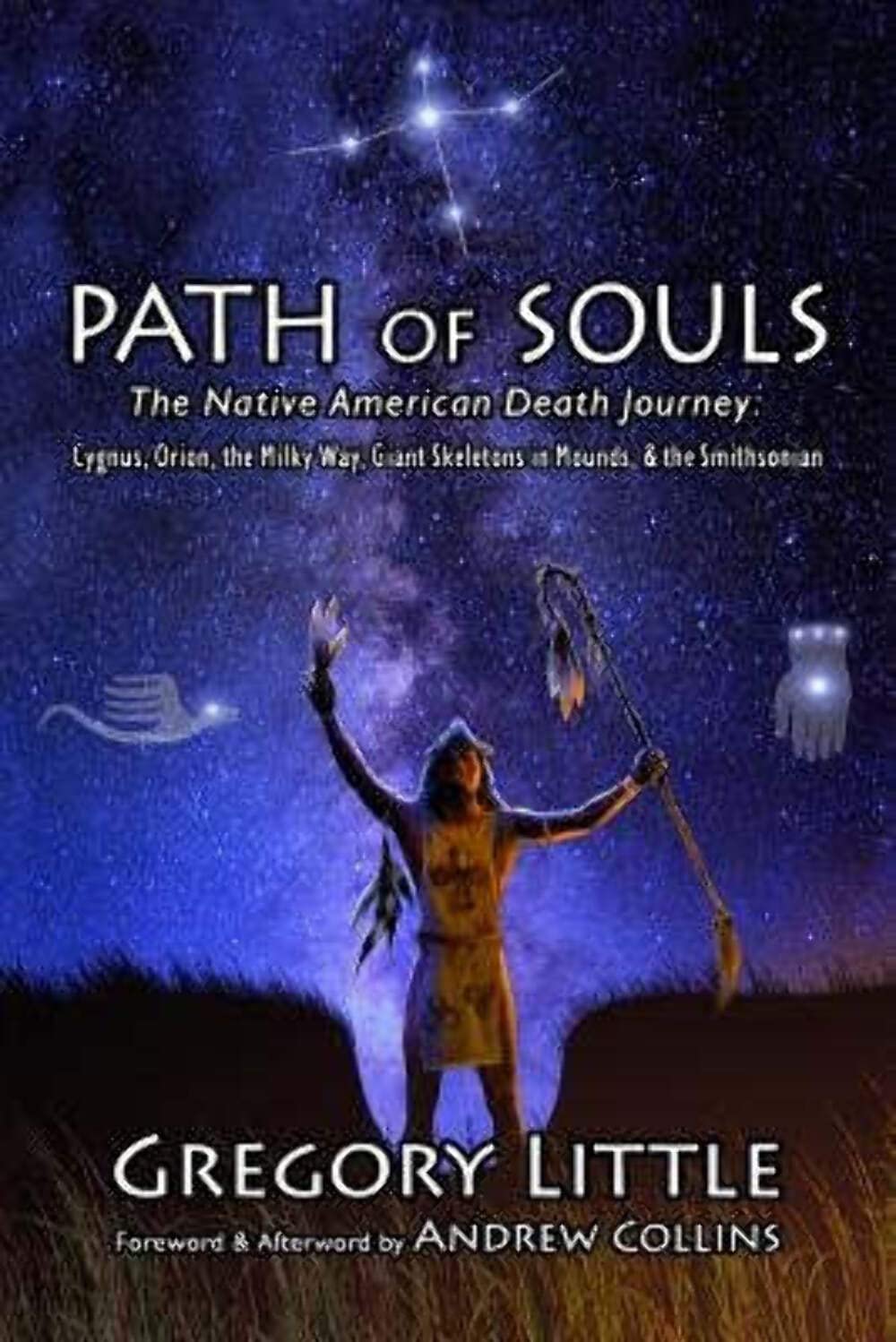As an Amazon Associate I earn from qualifying purchases.
In the critically acclaimed tour-de-force “The Soul of America,” Pulitzer Prize-winning author Jon Meacham delves into the heart of the nation's historical conscience, revealing that America's soul is not a static entity but an enduring struggle between its better angels and its darkest impulses. Through a riveting exploration of the United States' past, Meacham provides an illuminating beacon of hope, demonstrating that while the country has indeed traversed through shadowed valleys of fear and division, it has repeatedly emerged into the light of progress and unity. Meacham's narrative breathes life into historical epochs, where the actions of both renowned leaders and ordinary citizens have shaped the nation's morale and path.
Confronting the ghosts of America's historical conflicts, Meacham uncovers patterns and offers a reservoir of wisdom to understand the present by dissecting the past. At a time where the nation's fabric seems frayed by partisanship and cultural wars, “The Soul of America” serves a poignant reminder that turmoil and strife are not novelties but woven into the very fabric of the United States' narrative. Meacham poses an essential contemplation on the American identity, addressing the trials of democracy and providing context for the present by examining the responses to issues of racism, populism, and the fight for equal rights throughout American history. This book does not just recount tales of yesteryears; it solves the puzzle of American endurance, casting a clarifying light on how the soul of the nation has been, and can be, salvaged and strengthened amidst the cacophony of its internal battles.
Plot
The Soul of America does not follow a traditional narrative plot structure; instead, it provides a historical analysis and reflection on the political and social climate of the United States at various critical junctures. Meacham delves into periods of American upheaval, focusing on the challenges and moral decisions that have shaped the national character. He discusses episodes like the fight for civil rights, women's suffrage, and the McCarthy era, emphasizing the “better angels” of American nature that have recurrently emerged during times of fear and division. The “plot” of the book is essentially a timeline of America grappling with its ideals and the subsequent societal transformations.
Characters
In “The Soul of America,” the “characters” are notable historical figures and collective groups that have influenced the course of American history. Meacham highlights presidents such as Abraham Lincoln, Franklin D. Roosevelt, and Lyndon B. Johnson, illustrating how their leadership during times of national crisis helped to preserve and advance democracy. Other influential figures like civil rights leader Martin Luther King Jr., suffragettes like Carrie Chapman Catt, and activists such as Rosa Parks are given due prominence for their roles in pushing for social change. Meacham also discusses darker figures like Senator Joseph McCarthy, whose fearmongering tactics are examined as cautionary tales of what can occur when demagoguery takes hold.
Writing Style
Meacham's writing style in “The Soul of America” is scholarly yet accessible, blending thorough historical research with a narrative that appeals to a broad audience. While the book is anchored in factual information, Meacham effectively uses storytelling techniques to engage readers, bringing historical events to life with vivid detail and emotional depth. Through his eloquent prose, he facilitates a connection between the past and present, often drawing parallels that are topical and resonant with contemporary political and social issues. Meacham incorporates direct quotes from primary sources, such as speeches and letters, to provide authenticity and to enable the figures of the past to speak for themselves.
Setting
The setting of “The Soul of America” is not confined to a single location but spans the breadth of the United States, from the halls of Congress to the streets where civil rights marches took place. Meacham meticulously reconstructs the historical context of each era he examines, providing readers with insight into the socioeconomic and political landscapes that shaped the nation's trajectory. He describes the settings in which pivotal decisions were made, including the White House, the Supreme Court, and various locations significant to social movements, such as Selma and Seneca Falls, making the locations themselves actors in the narrative of American history.
Unique Aspects
One unique aspect of “The Soul of America” is how Meacham blends historical analysis with a hopeful perspective on the resilience and progress of American democracy. Rather than simply recounting events, Meacham seeks to provide a measure of wisdom and encouragement, emphasizing that despite periods of conflict and regression, America has a legacy of overcoming fear and division through collective action and ethical leadership. Another distinctive feature is Meacham's nuanced approach to patriotism; he acknowledges the nation's flaws and failures but also celebrates its capacity for self-correction and moral advancement. Additionally, the book stands out for its timeliness; it serves as a historical mirror reflecting current events, inviting readers to draw lessons from the past to better understand and navigate the present.
Similar to The Soul of America
Here's an HTML snippet that presents a thorough analysis of the pros and cons of “The Soul of America” with solid 1px black borders. Please note that this is a generic example as “The Soul of America” could refer to a variety of things. I'm assuming it could be a book, film, etc., and have structured generic pros and cons accordingly:
“`html






















































